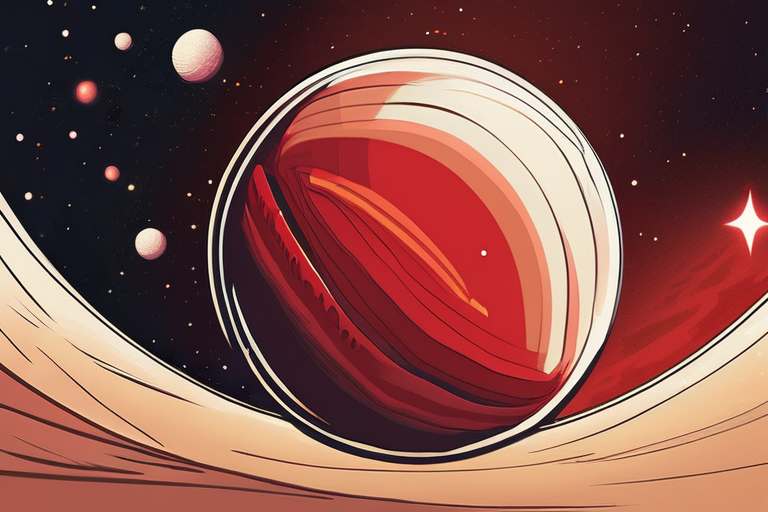
Multi-Source Journalism
This article synthesizes reporting from multiple credible news sources to provide comprehensive, balanced coverage.

Multi-Source Journalism
This article synthesizes reporting from multiple credible news sources to provide comprehensive, balanced coverage.
Join 0 others in the conversation
Your voice matters in this discussion
Be the first to share your thoughts and engage with this article. Your perspective matters!
Discover more articles
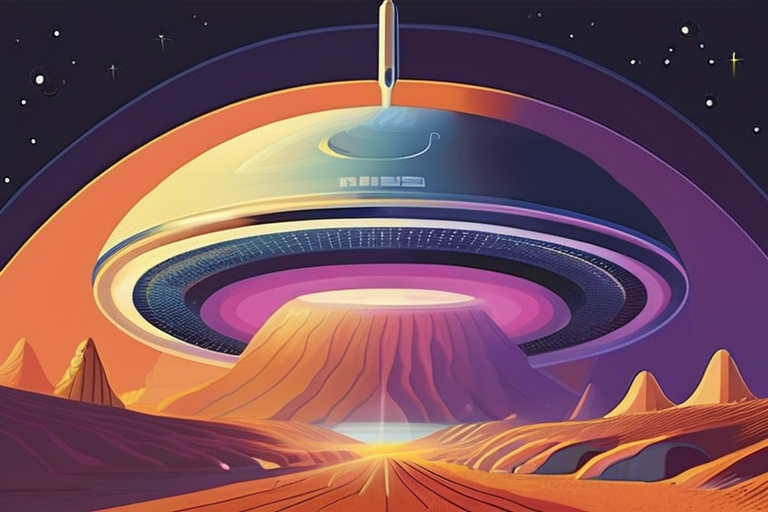
NASA has reached a major milestone with its catalog of confirmed exoplanets now exceeding 6,000, showcasing an astonishing array of celestial bodies that defy conventional planetary norms. The diverse discoveries include planets shrouded in lava, cov
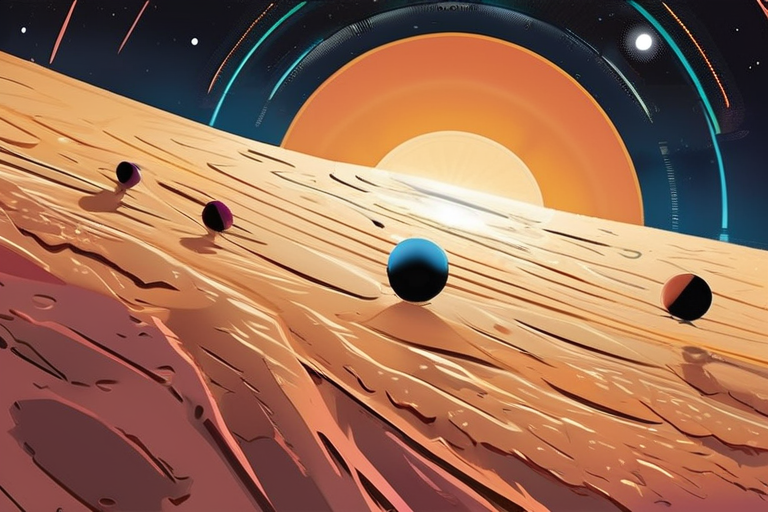
Astronomers' pursuit of specific celestial targets has led to numerous groundbreaking discoveries that surpassed their initial intentions. These serendipitous findings have significantly expanded our understanding of the universe, including the accid
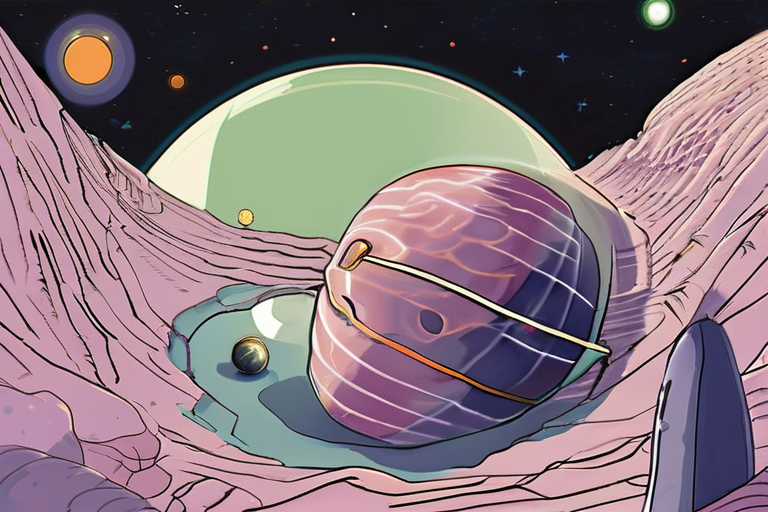
Researchers have discovered that planets orbiting white dwarf stars may remain habitable due to subtle effects of general relativity, which alter their motion and potentially allow for long-term survival. This finding suggests that rocky planets coul
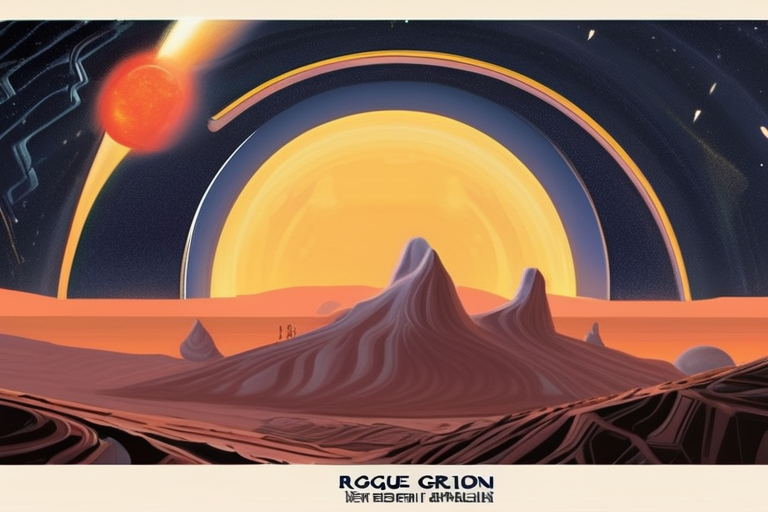
Astronomers have discovered a "rogue" planet that is rapidly growing by consuming massive amounts of gas and dust, with estimates suggesting it's devouring up to 6 billion tonnes per second. This phenomenon is likely being accelerated by strong magne
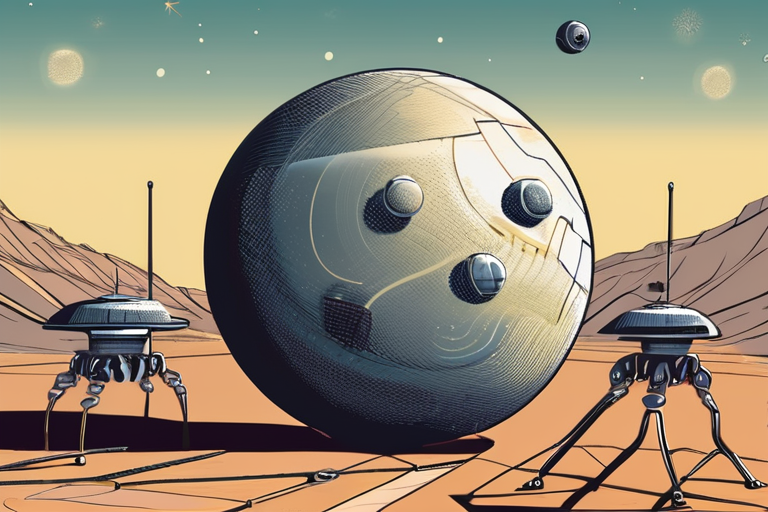
A recent modeling study suggests that general relativity could play a crucial role in preserving habitability for planets orbiting white dwarf stars. This phenomenon occurs because the star's slow cooling rate, potentially spanning trillions of years
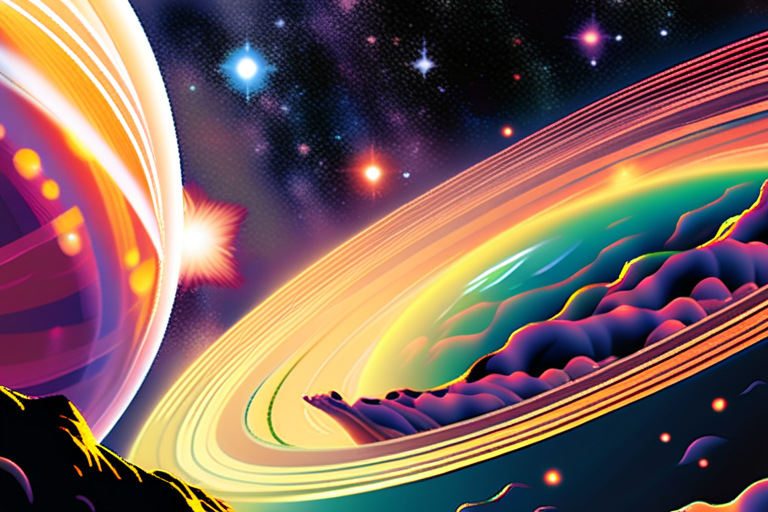
Science News from research organizations Dark matter could be turning giant planets into black holes Scientists model suggests dark matter in gas giants could collapse into detectable black holes. Date: September 1, 2025 Source: University of Califor
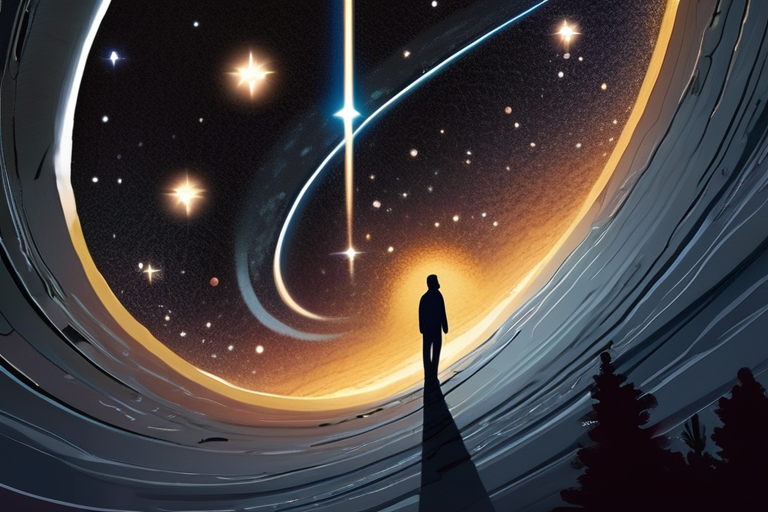
A long-standing debate in astrophysics has been settled by an observational analysis, revealing that stars played the primary role in reionizing the universe around 300 million years after the Big Bang. This process involved the transition from neutr
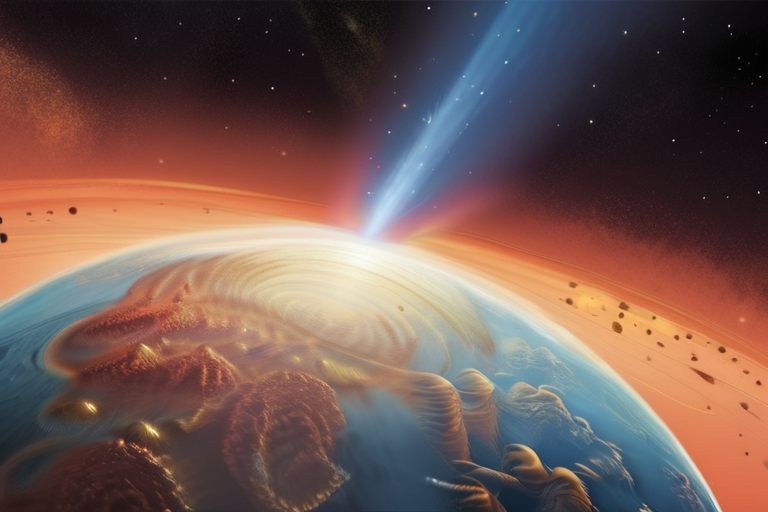
Astronomers have discovered a "rogue" planet that is rapidly growing by consuming massive amounts of gas and dust, with estimates suggesting it's gobbling up to 6 billion tonnes per second. This phenomenon is likely being accelerated by strong magnet
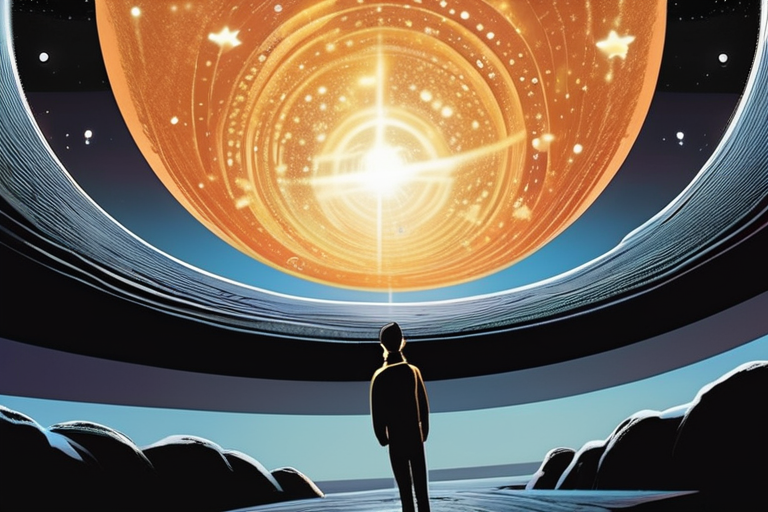
A long-standing debate in astrophysics has been settled, with new research suggesting that stars played the primary role in reionizing the universe around 300 million years after the Big Bang. This process involved the transition from a neutral to io
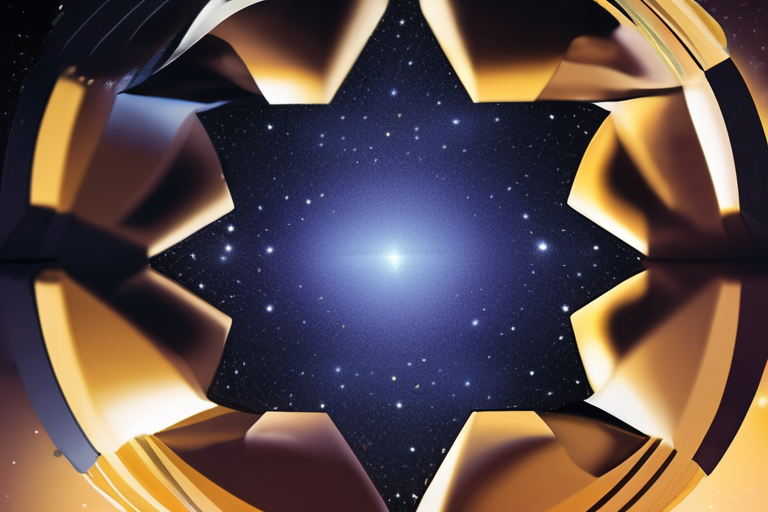
The James Webb Space Telescope may have detected the universe's first stars, which surprisingly appear to be massive, luminous spheres powered by dark matter annihilation rather than nuclear fusion. This groundbreaking discovery could explain the exi
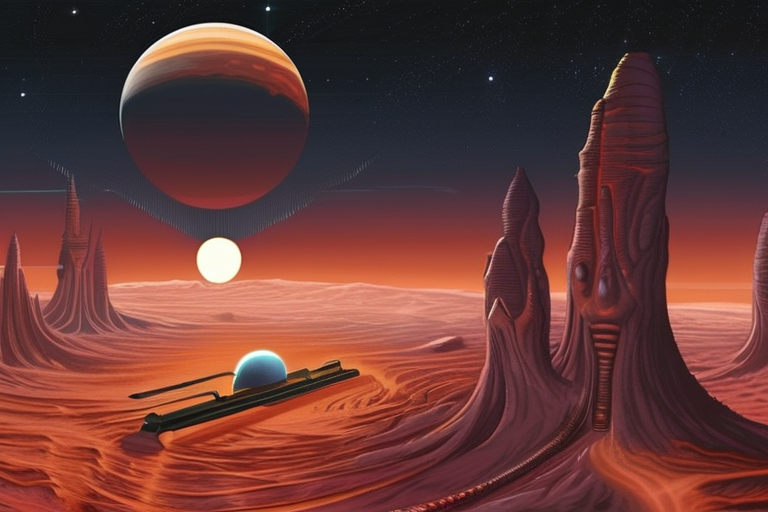
Astronomers have discovered a rogue planet, Cha 1107-7626, located 620 light-years away in the Chameleon constellation, consuming gas and dust at an unprecedented rate of 6 billion tons per second. This massive growth spurt is occurring as the planet
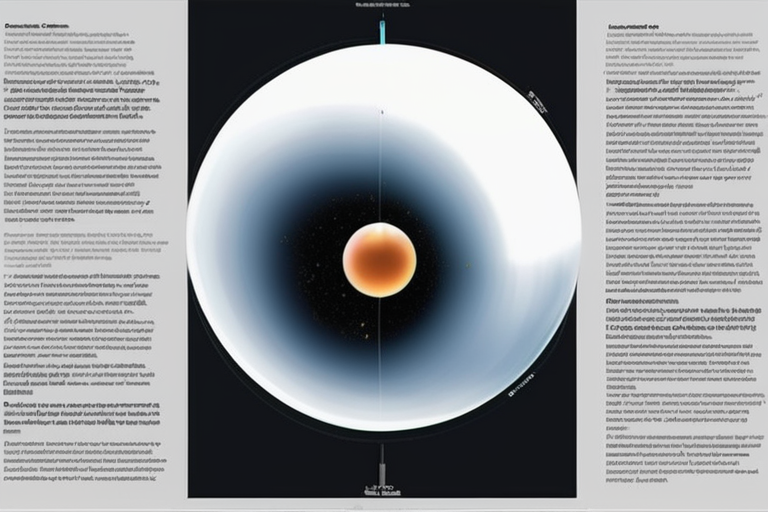
Astronomers have made a groundbreaking discovery with the James Webb Space Telescope, detecting a carbon-rich disk around a giant exoplanet that is likely forming moons. This finding sheds new light on the mysterious absence of confirmed exomoons in
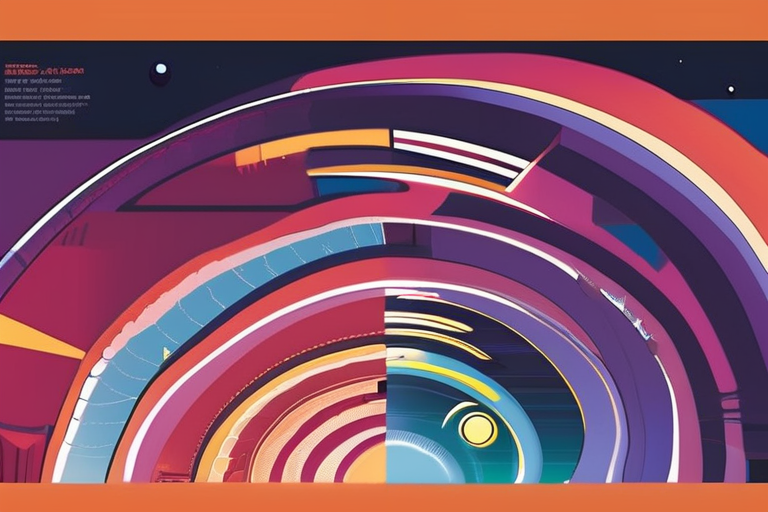
Astronomers have discovered a "rogue" planet that is growing at an unprecedented rate, consuming up to 6 billion tonnes of gas and dust per second due to its strong magnetic fields. This phenomenon has left scientists fascinated and raises questions

Researchers have found that planets orbiting white dwarf stars may remain habitable due to general relativity's subtle effects on their motion. This phenomenon could allow rocky planets to thrive in extremely close orbits around these stars, potentia
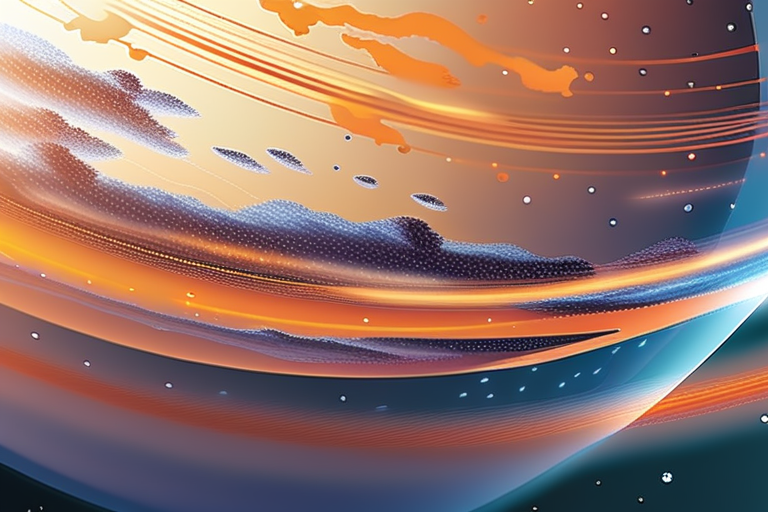
Astronomers have discovered a massive Saturn-sized planet orbiting a tiny star, challenging long-held theories that small stars lack the material to form or retain giant planets. The newly found planet, TOI-6894b, orbits a red dwarf star with only 20
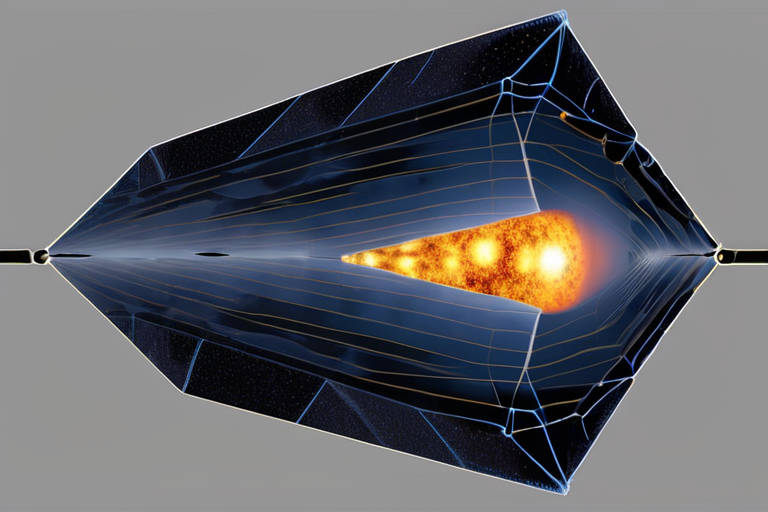
The James Webb Space Telescope has made a groundbreaking discovery that suggests the universe's first stars may have been powered by dark matter annihilation rather than nuclear fusion. This finding could explain the existence of unusually bright ear
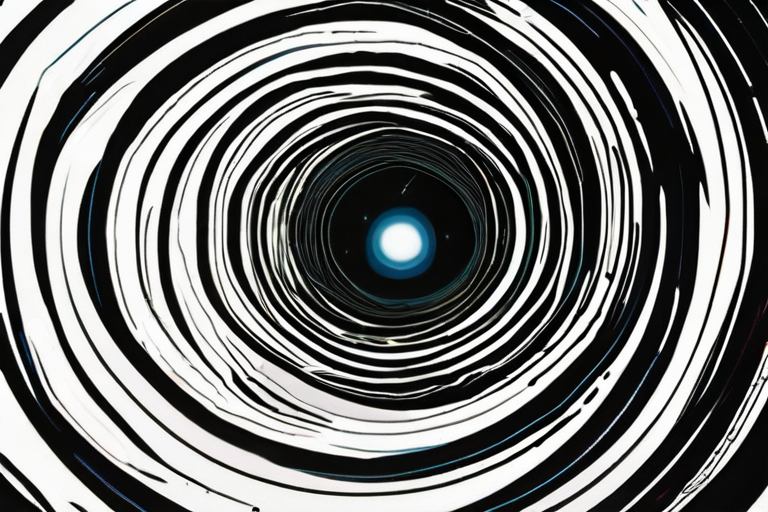
A groundbreaking discovery has revealed that a massive stellar-mass black hole fell into a star, only to "eat" its way out again through an unprecedented process, producing a record-breaking 7-hour gamma-ray burst. This extraordinary event, dubbed GR
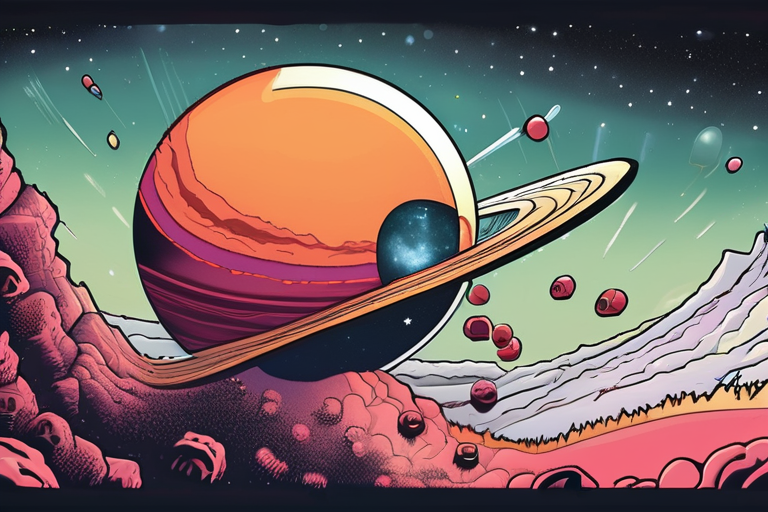
Astronomers have discovered a rogue planet, Cha 1107-7626, located 620 light-years away, which is consuming massive amounts of gas and dust at an unprecedented rate of up to 6 billion tonnes per second. This rapid accretion is likely being accelerate
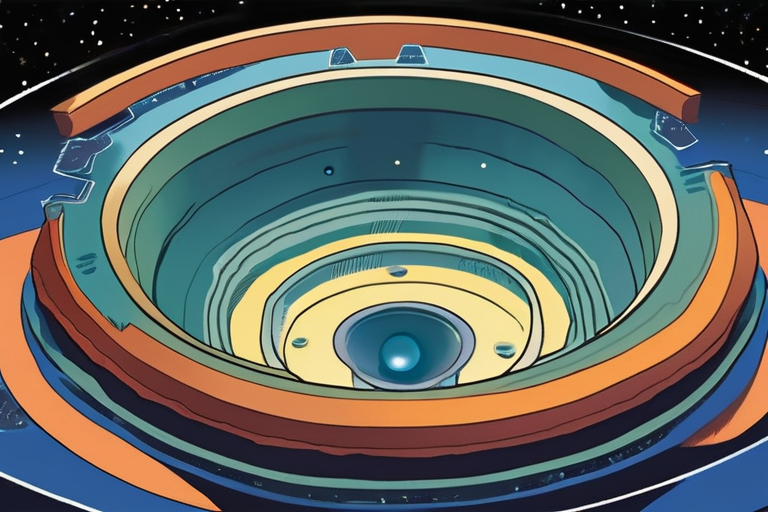
Scientists have conducted groundbreaking experiments to understand the formation of water-rich planets, a common type found in the galaxy but absent in our solar system. The research reveals that a reaction between hydrogen and magma can produce sign

A groundbreaking discovery by astronomers using the James Webb Space Telescope suggests that the universe's first stars may have been powered not by nuclear fusion, but by dark matter annihilation. These "supermassive dark stars" could explain the ex
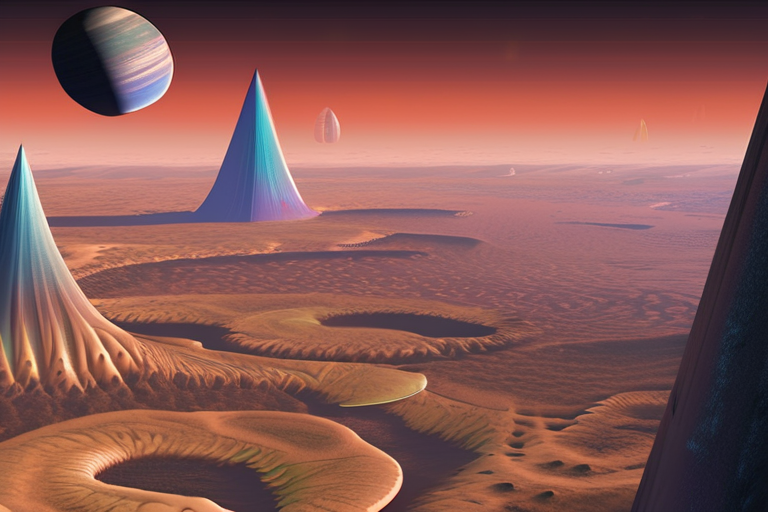
NASA has reached a major milestone with its catalog of confirmed exoplanets now exceeding 6,000, showcasing an astonishing array of celestial bodies that defy Earth-like norms. These newly discovered worlds include extreme examples such as lava-cover
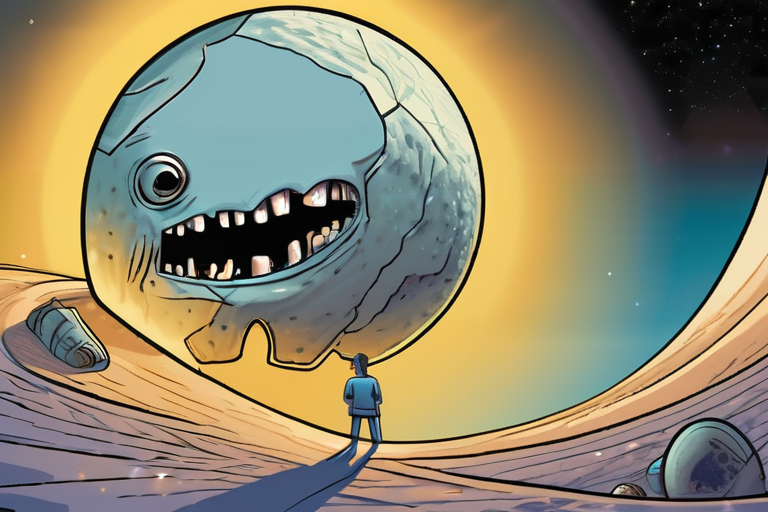
Astronomers have made a groundbreaking discovery using the Hubble Space Telescope, capturing a "dead" star in the midst of devouring a Pluto-like object. The white dwarf, WD 1647375, has been observed consuming fragments from its victim, which likely
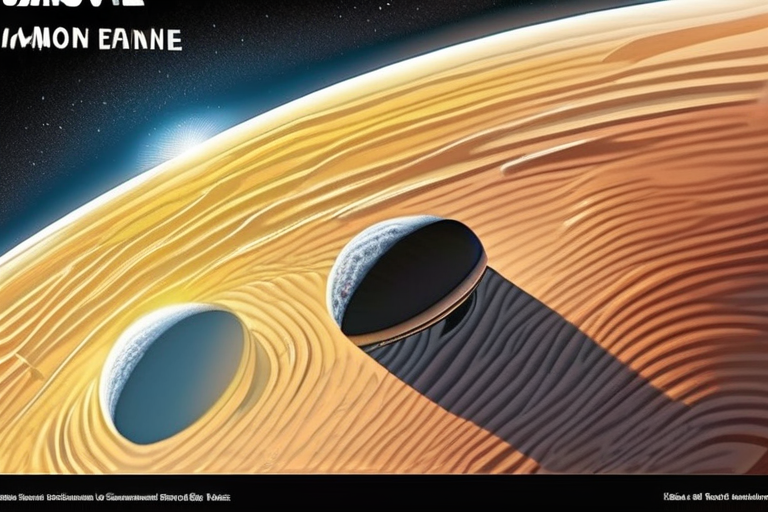
Astronomers using the James Webb Space Telescope have made a groundbreaking discovery, detecting a carbon-rich disk around a giant exoplanet likely forming moons. This finding sheds new light on the mystery of missing exomoons and suggests that moon
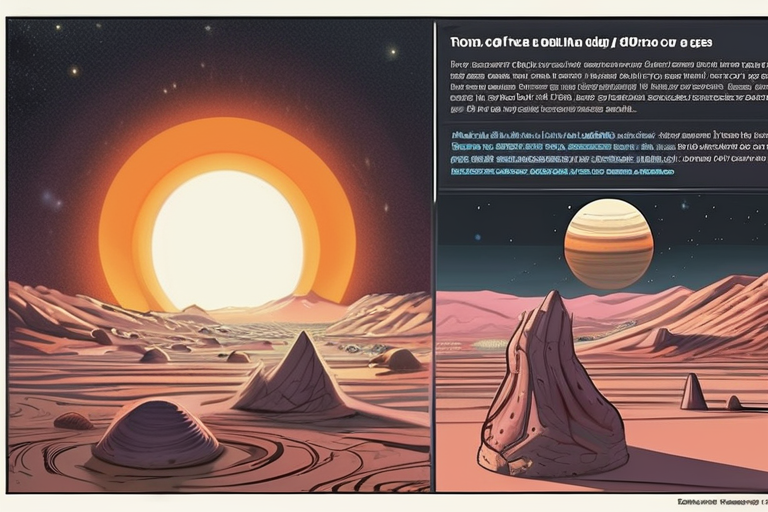
Astronomers have discovered a "rogue" planet that is rapidly growing by consuming massive amounts of gas and dust, with estimates suggesting it's devouring around 6 billion tonnes per second. This phenomenon is likely being accelerated by strong magn
Share & Engage Share
Share this article